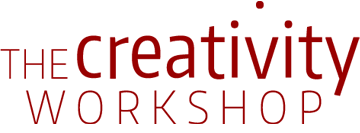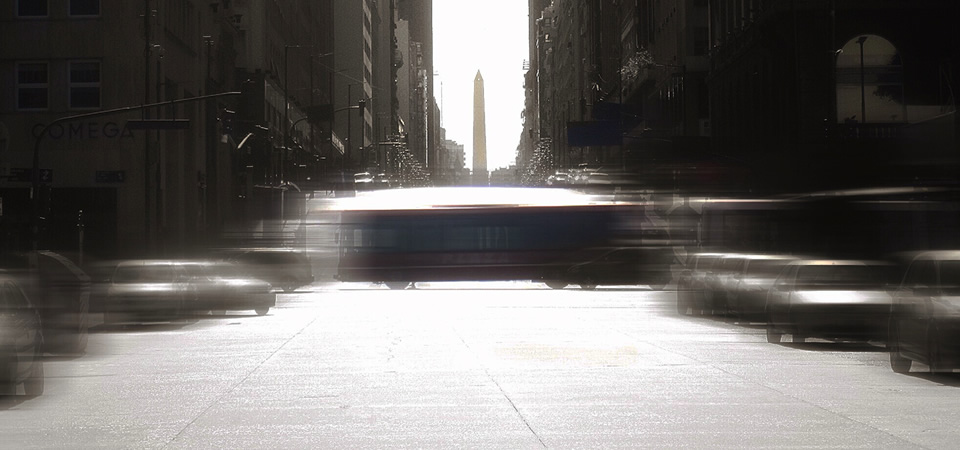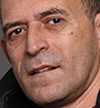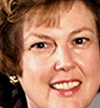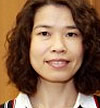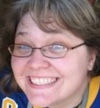Seeing Through the Blur
by Alejandro Fogel
Sketchbook Magazine
The Victorian art critic John Ruskin, when asked why he was teaching factory workers to draw, said “I’m not teaching them to draw, I’m teaching them to see.”
In our Creativity Workshop we ask people to open their eyes… wider. We want people to pay just a little bit more attention to their surroundings, to their daily navigation through life. We tent to navigate focusing on where we go and everything else becomes a blur. When was the last time we spent 5 minutes (Full 60 seconds minutes) observing a beautiful door. Getting close to it, smelling it, even touching it (God forbid!). We are increasingly becoming one dimensional, our reality is a thin layer of electrons projecting zeros and ones. We actually think that we’ve seen Venice because we watched the High Definition DVD about Venice. But… what about touching that wooden door we like so much.
Why is touching important?
Referring to a big piece of marble, Michelangelo said: “The idea is there locked inside. All you have to do is remove the excess stone.”
We have the ability to make that door transcend the mere quarter of a second we would have given to it as we passed by… The door is beautiful, let’s remove the excess stone. Imagine the door and remove it from the blur. To create we need to use our eyes, observe, and most importantly: imagine.
Albert Einstein said: “I’m enough of an artist to draw freely upon my imagination. Imagination is more important than knowledge. Knowledge is limited. Imagination encircles the world.”
All the freedom of expression that humanity gained during the 20th century is rapidly disappearing in the 21st. We are being told by multinational corporations to stop imagining because they are going to do it for us and we should just sit and watch. They are transforming the way we perceive artists and their art. We are being told that we should leave art to the “professionals”, sit passively and admire it. Buy the DVD, get the book, take the poster home. They are telling us that there is no room for amateurs. Only the chosen few should be seen as “the creators”. All others are amateurs. The word “amateur” is now used to dismiss someone pretending to be an artist.
Amateur, from the Latin: amatorem (lover) had a very different meaning just a few decades ago. It was about loving a certain field or art form and contributing to it as much as one could. It was about doing something for love and not for money. Amateurs would have a day job and create the rest of the time. Artists were dedicated to their art and did not like to be called a “professional”. That was an insult.
We need to bring amateurism back to its real meaning. We need to rescue as many doors as we can from our daily blur by touching, smelling imagining and becoming the real creators, the true artists that we can be.
